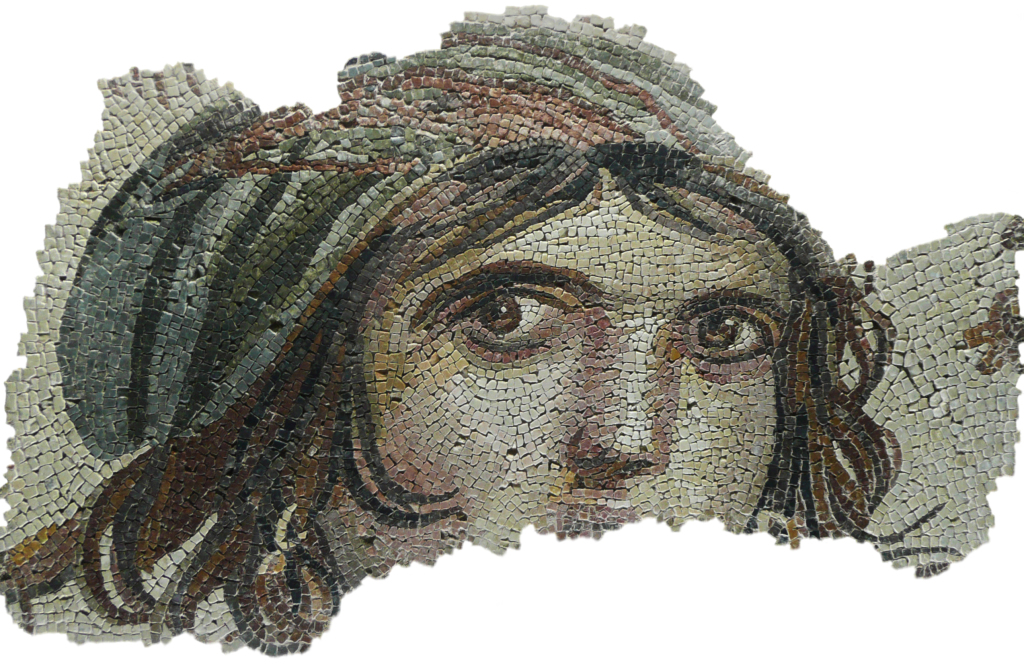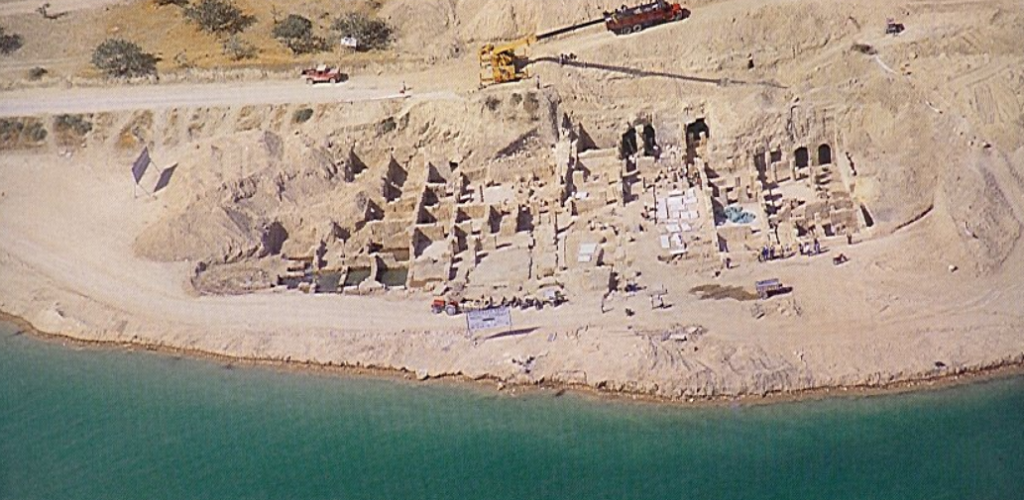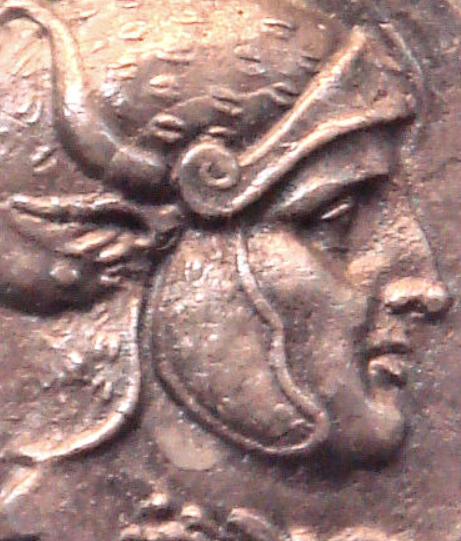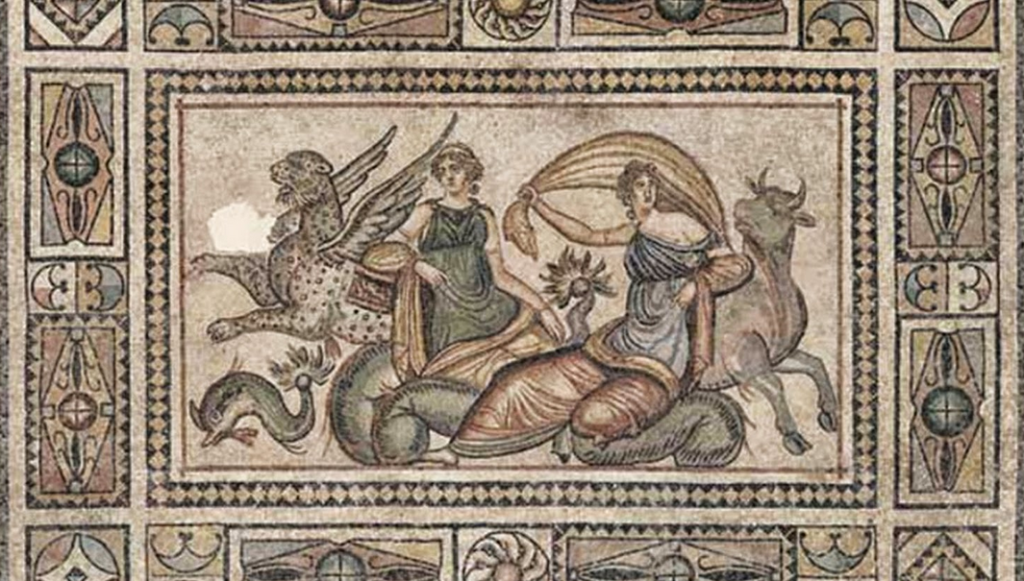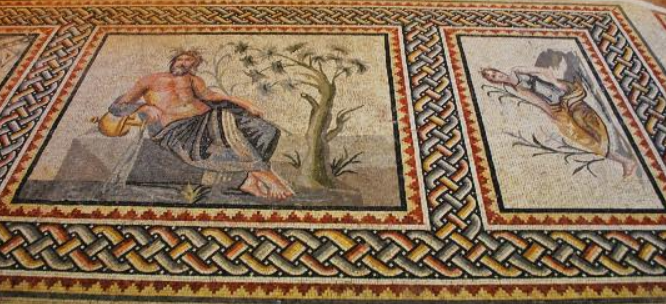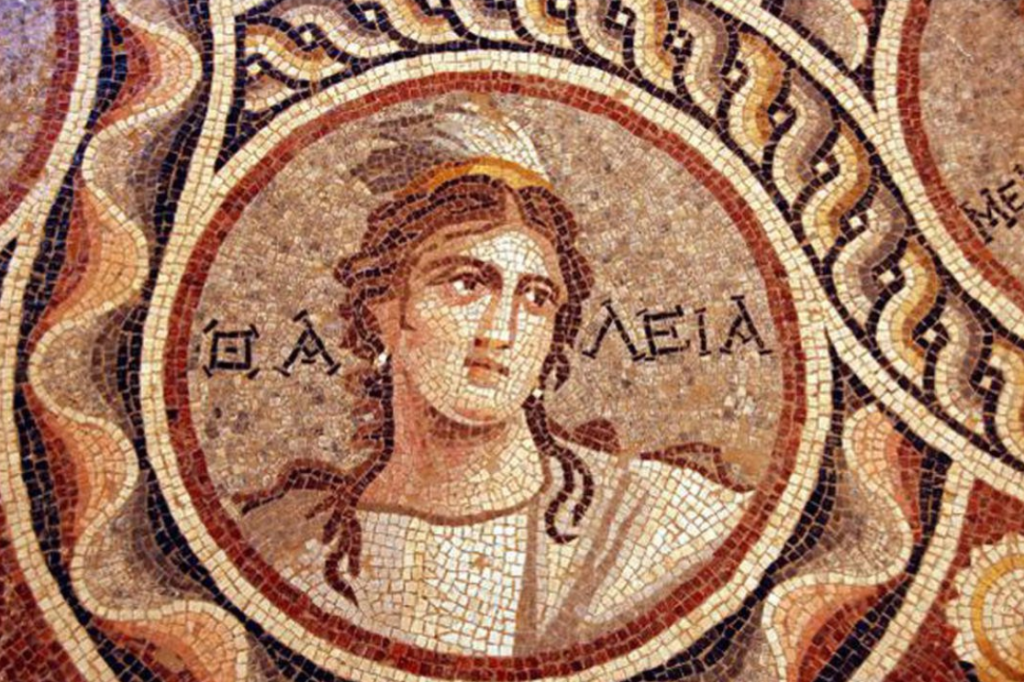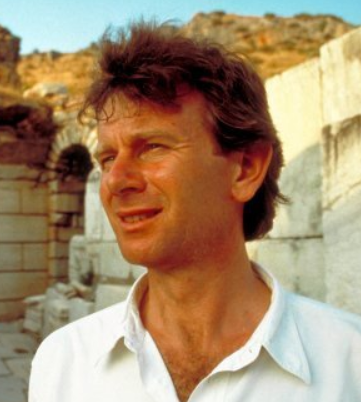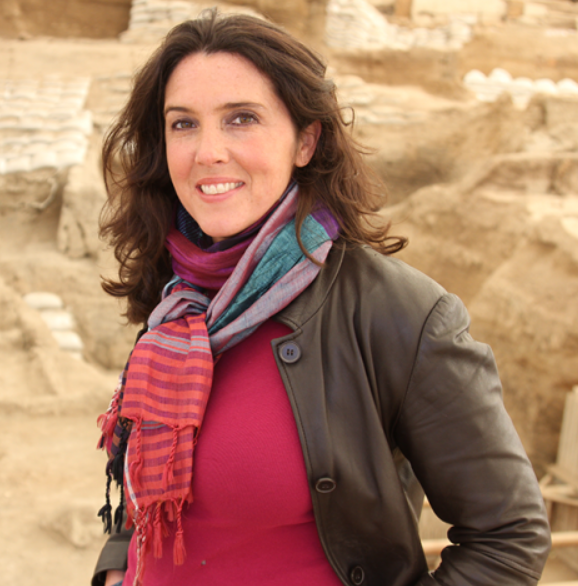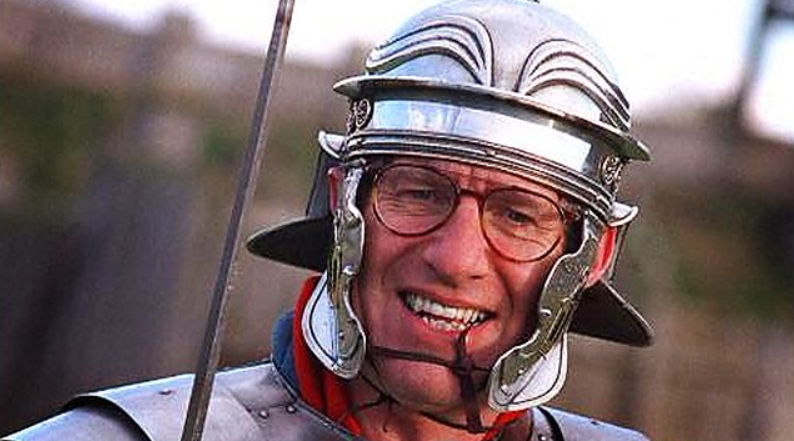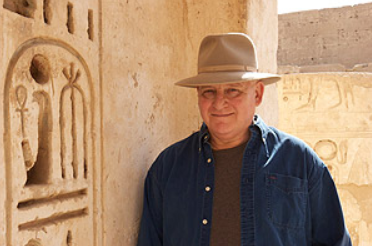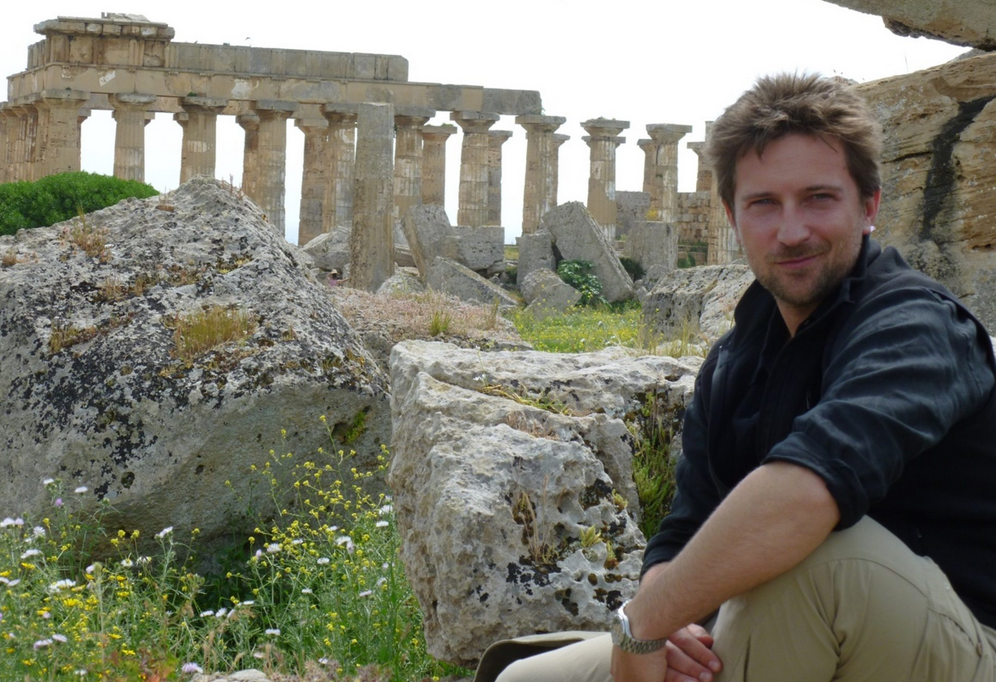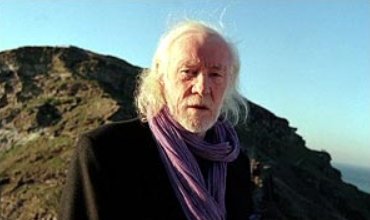documentary
Roaming the Past – Documentaries to Fire Your Passion for History
I don’t know about you, but in this post-holiday time of the year I’m feeling a bit down.
This past week, like many I suspect, I went back to my small square-of-a-cubicle at my day job to get on with ‘regular work’.
That’s always tough, and, despite hitting the weights, yoga, meditation, going to see the new Hobbit movie, and all other manner of uplifting activities, fighting those back-to-work doldrums can make you feel like a lone centurion facing down a Parthian cavalry charge.
But, as ever, there is hope and enlightenment to be found in history.
One thing that I’ve always found is that getting lost in your favourite period of history can wipe out the New Year blues and make you feel like you have some reinforcements at your back.
One way in which I do this is to watch ancient and medieval history documentaries. The combination of knowledge, travel log, archaeological discovery, and ancient innovation always fills a void and reignites my passion for history. And the human stories behind the history never fail to make that Parthian cavalry charge feel smaller and more manageable.
Today I wanted to share with you some of my very favourite documentary series to help temper your own version of cubicle-itis, and get you through the next few weeks as we step into the jaws of Winter (at least in the northern hemisphere).
As with all of these shows, much hangs on the presenter.
Remember, we’re dealing with history here, and most people don’t have very fond memories of their school history classes. Documentaries are dynamic school rooms and it all hangs on the teacher/presenter.
I can’t stand it when a television presenter is overly academic, snooty, blustery, or arrogant. The show should always be about the subject matter, not the host’s ego.
And so, the following shows are on my list not only because of the fascinating topics, but also for the quality of the hosts, their respect and passion for the subject matter.
Michael Wood
For me, Michael Wood has presented some of the most fascinating documentary series since the late 70s. His In Search of series covers everything from the Myths and Heroes, to the Dark Ages, Anglo-Saxon England, and Shakespeare. However, the most fascinating of this series, for me, and for many archaeologists I know, is the six-part In Search of the Trojan War.
Click here for the direct link.
I highly recommend this series. It’s not just about the Trojan War itself, but the Bronze Age in general. You’ll even learn about the Trojans, the Greeks, and the Hittites!
My absolute favourite Michael Wood documentary, however, is his magnificent series entitled In the Footsteps of Alexander the Great.
In this three-part series, we journey with Michael along the entire route taken by Alexander’s army all the way from Macedon and Greece, to Tyre and Egypt, through war zones controlled by the Taliban to the Hindu Kush on into India and back. There are times when Wood was in danger too, but he is intrepid and curious, and you really get a feel for what the journey might have been like, visiting landscapes which few people will ever see in person.
At the time of filming, Wood was unable to visit the battlefield of Gaugamela, but after the second Iraq war, he returned to the area to film a follow-up documentary called Alexander’s Greatest Battle which is also well worth a look.
If you watch any of these videos, and have an interest in Alexander the Great, In the Footsteps of Alexander the Great is the one I recommend you watch. Here is the long trailer for it:
Click here for the direct link.
Bettany Hughes
Next up we have another British historian and broadcaster whose list of documentary credits is just as astounding as Michael Wood’s, perhaps even more varied.
Bettany Hughes has done documentaries on ancient Egypt, Greece, and Rome, and she’s looked at Helen of Troy and Nefertiti, Atlantis, ancient engineering, Democracy, and sex in the ancient world.
She has that passion that is so essential to teaching history, and she doesn’t sugar-coat the past. In fact, she gets down to the nitty-gritty, dirty details, and can tear down with style the romantic images that cloud our view of the past; her documentary Athens: The Dawn of Democracy is one such show.
Bettany seems to have a truly adventurous spirit too, which is great. Just recently she was tweeting out from modern Georgia and the land of Medea and the Golden Fleece where she was shooting for a new show.
My favourite documentary series that I have seen thus far from Bettany is The Spartans. This three-part series provides a fantastic look at the nature of Spartan society, its past glories, and its downfall. You’ll definitely want to see this one!
Click here for the direct link.
Adam Hart Davis
Our next presenter is probably the jolliest character of the group. He is a scientist, a historian, a broadcaster, and much much more. If you look at the range of his work, you’ll see that he covers a wide range of topics besides history.
The reason I’ve put Adam Hard Davis on this list is because his BBC series, What the Romans did for Us, is the most interesting documentary series I’ve ever seen that looks at the practical side of the Roman world.
In this series, Adam shows us numerous inventions and innovations to come out of the Empire. And the cool thing is that these are all things that we still use in some way, shape or form today.
Did you know that a Roman invented the hamburger? Or that the Romans had invented a fire engine? There are all sorts of wonderful surprises in this fantastic series, hosted by a man who loves what he does and has a child-like curiosity and enthusiasm that is truly contagious. You’ve got to watch this!
Click here for the direct link.
John Romer
Our next documentarian is British Egyptologist, historian, and author, John Romer.
He has done several shows on the ancient world, but the one that introduced me to him remains, for me, his very best.
Watching Seven Wonders of the Ancient World is a wonder-full journey to these magnificent sites that have captivated the human imagination for ages.
Romer does not give us the usual academic tour of these ancient tourist attractions. Rather he gets up close and personal with the ruins, the landscape, and the people who lived in those places. He mesmerizes the viewer with his poetic admiration of everything about these places.
In this series, Romer looks at the hidden corners surrounding the Seven Wonders. He’ll admire the grand design and architecture, but also the fine details of a hidden relief that decorates a forgotten piece of history.
Some people might think of Romer as melodramatic, but I think he is more passionate than anything. He loves ancient culture, history, and the people who created these timeless monuments.
https://www.youtube.com/watch?v=oQmIzJwjgEI
Click here for the direct link.
Michael Scott
This next presenter is relatively new to the history documentary scene compared with those I have mentioned above, but when I first saw one of his shows, I knew he would be an ancient history documentarian who would get a whole new generation of students interested in history.
Michael Scott’s style is cool and interested. He is very knowledgeable, and has great passion for the subject matter he is talking about. Definitely not your typical, dry academic!
His most recent series is called Roman Britain from the Air, which began airing last month. I haven’t seen that yet, but I’m looking forward to checking it out.
Most of his documentaries are about ancient Greece, however, and the one that I wanted to mention here is his three-part series Ancient Greece: The Greatest Show on Earth.
This show was a bit of an eye opener for me. Not having studied ancient Greek theatre, it came as something of a surprise that ancient Greek drama was so closely linked to the birth of Democracy, and that it played such an essential, pivotal role in ancient Greek society.
If you want to learn a lot about ancient Greece, in a fascinating and entertaining way, you should definitely watch Michael Scott’s series. After watching this, you’ll want to get yourself on a plane to Greece as soon as you can!
http://youtu.be/xf9cDKqwhQw?list=PLaGnq8H7GaVLH-dDaUlKHpy-JcMqwmI5F
Click here for the direct link.
Richard Harris
Wait! Richard Harris, the actor? Yes.
My last entry here is not an academic or historian, but he sure was an entertainer, and sometimes larger than life.
One of my primary refuges from the madness of the world is the Arthurian realm, and so I could not offer up this list of blues-chasing documentaries without mentioning my favourite Arthurian documentary.
Many of you may have seen Richard Harris in the first couple of Harry Potter movies as Professor Albus Dumbledore. Personally, I liked him as the Emperor Marcus Aurelius in the movie Gladiator, and King Richard the Lionheart in the movie Robin and Marian. Actually, Richard Harris rarely ever disappointed in any of his film roles over the years of his magnificent career, including as King Arthur in the film version of the musical Camelot.
The latter was the reason he was chosen to host this single documentary on Britain’s most famous hero.
Arthur: King of the Britons came out not long before Richard Harris’ death in 2002. This is a wonderful documentary of this myth, history and archaeological discoveries surrounding the person of Arthur.
Rather than seeking to tear down or dismiss the theories about an historical Arthur, this documentary looks at the real possibilities and evidence for the existence of Arthur. This is not about late medieval knights in shining armour.
This documentary is about the search for the person who may have been the historical Arthur, the Romano-British warlord who held off the Saxons for a brief time in the early sixth century A.D.
What I love about this documentary are the visits to Tintagel Castle, and South Cadbury Castle, as well as the digital recreations of these and other sites. It gives a magnificent perspective of them, and the latest research at the time.
If you missed my post on South Cadbury Castle, click HERE to check it out.
As I mentioned in that post, I had been working as an archaeologist on the dig there, which happened to be during the time of the filming of Arthur: King of the Britons!
Unfortunately (well, sort of unfortunately), I was in Greece when the film crew and Richard Harris showed up at the site. So, I missed meeting the great actor himself – and my dig mates made sure to tell me! However, you can see my dig director, Richard Tabor, on the video, which is pretty cool.
Richard Harris is legend, and so what better actor than one who has played Arthur, to present this documentary. He is cool, captivating, and powerful as he tries to unravel the mythical Arthur, and bring us face-to-face with the Arthur of history.
Click here for the direct link.

